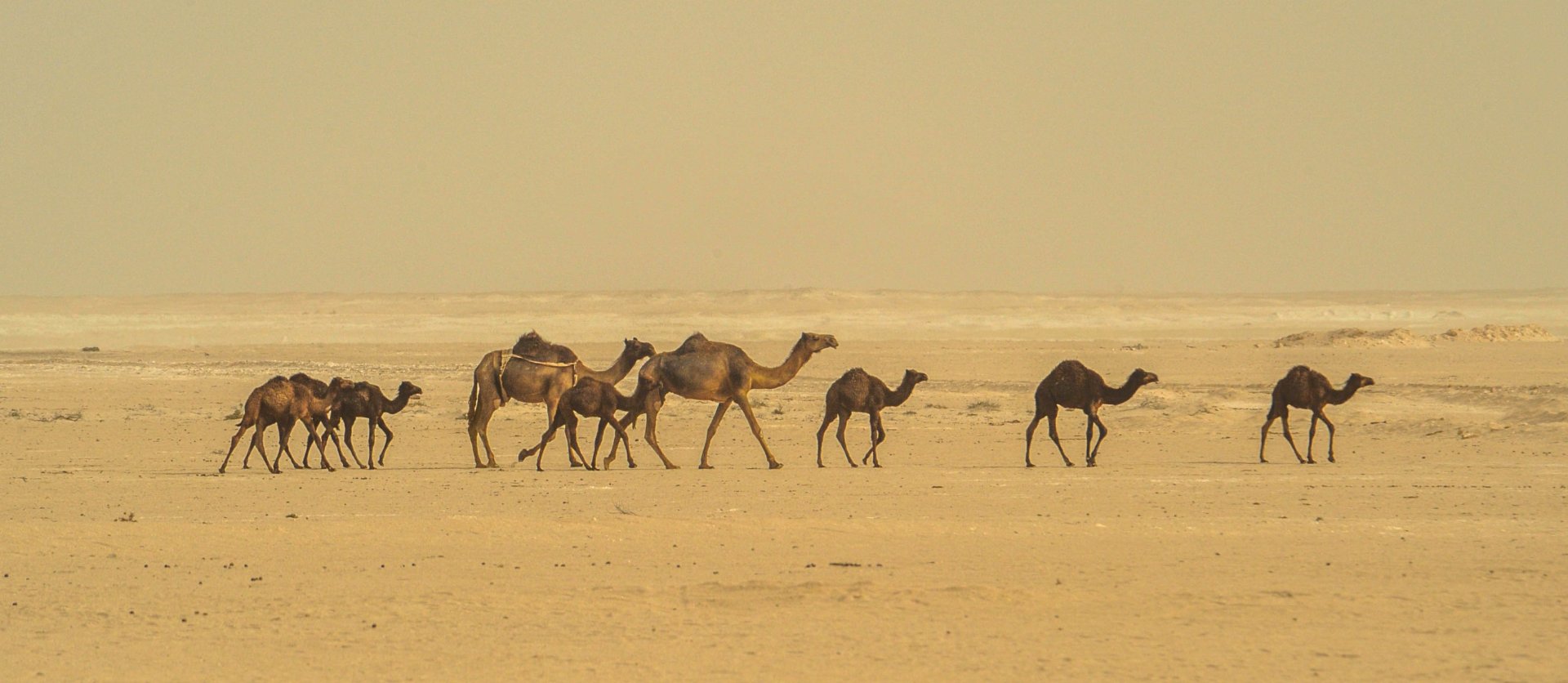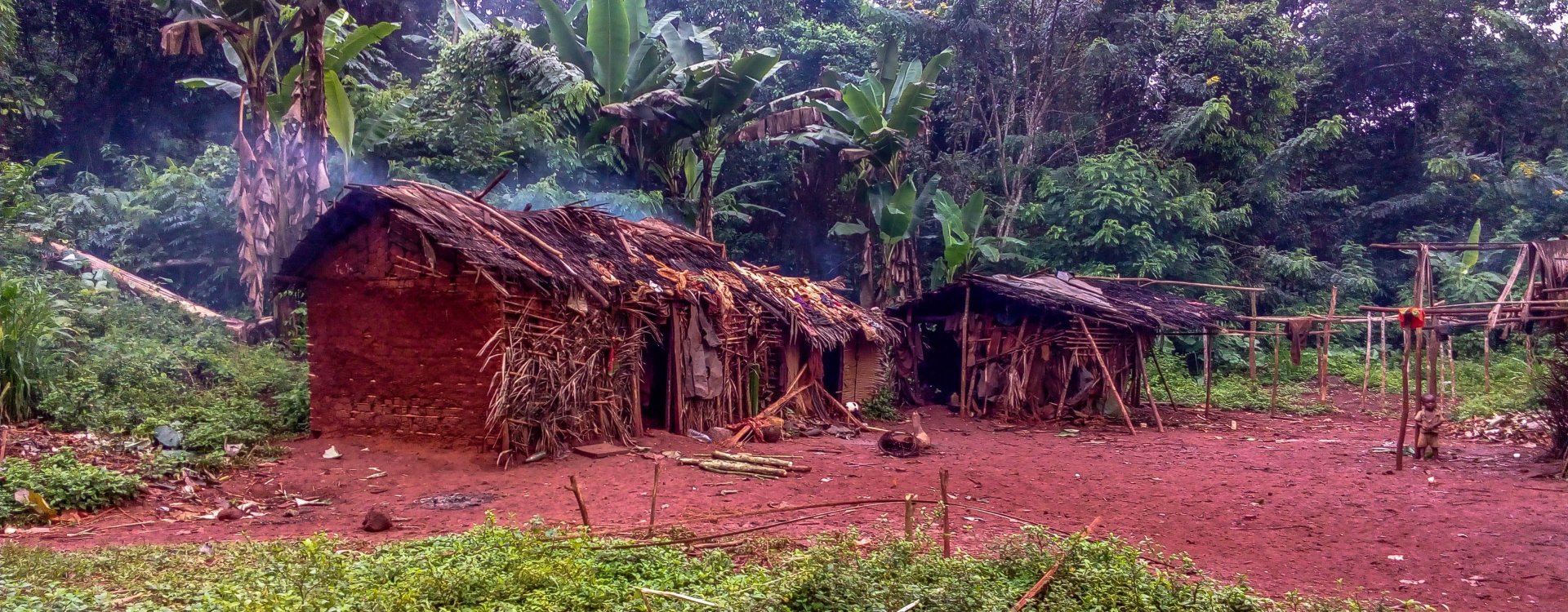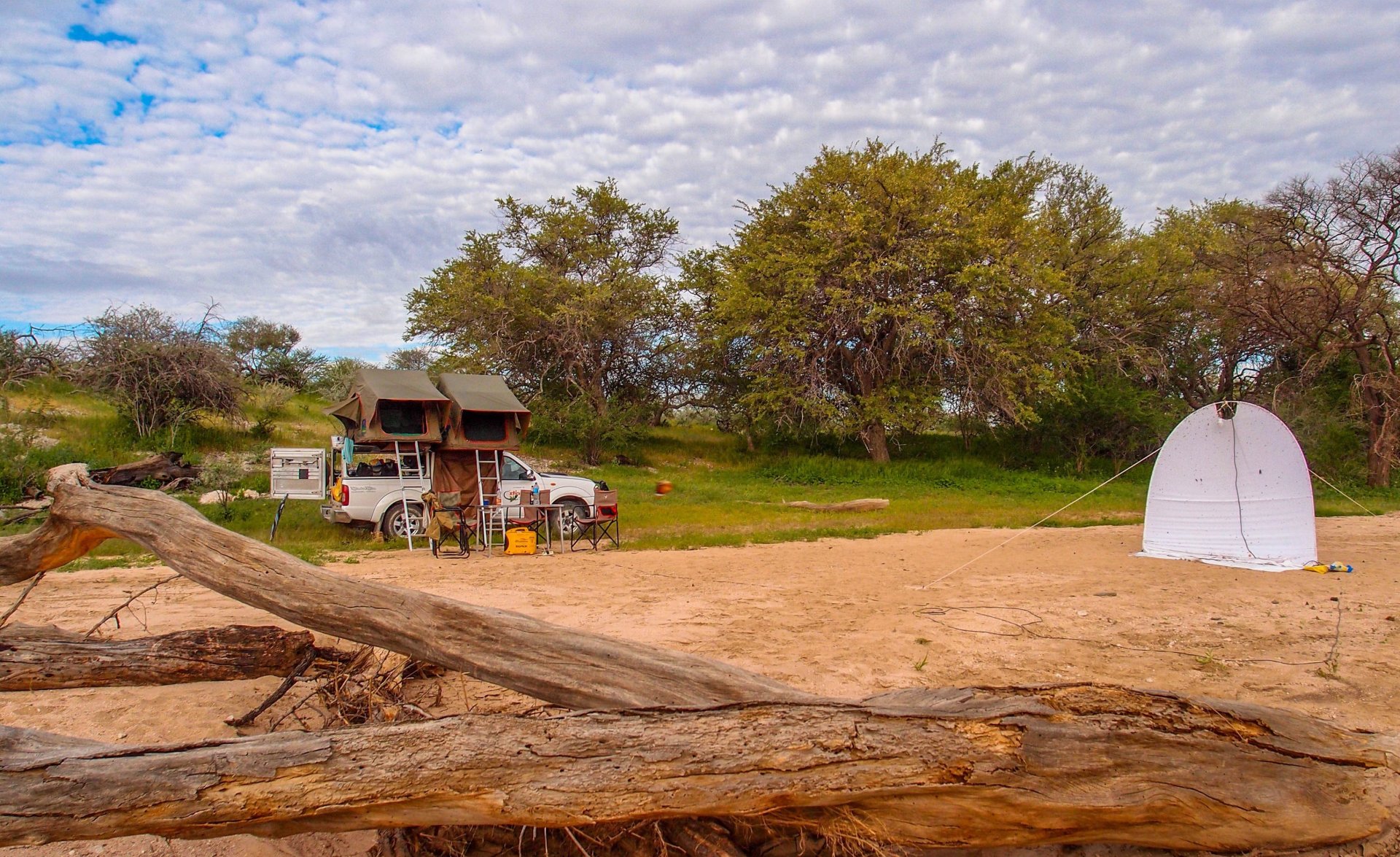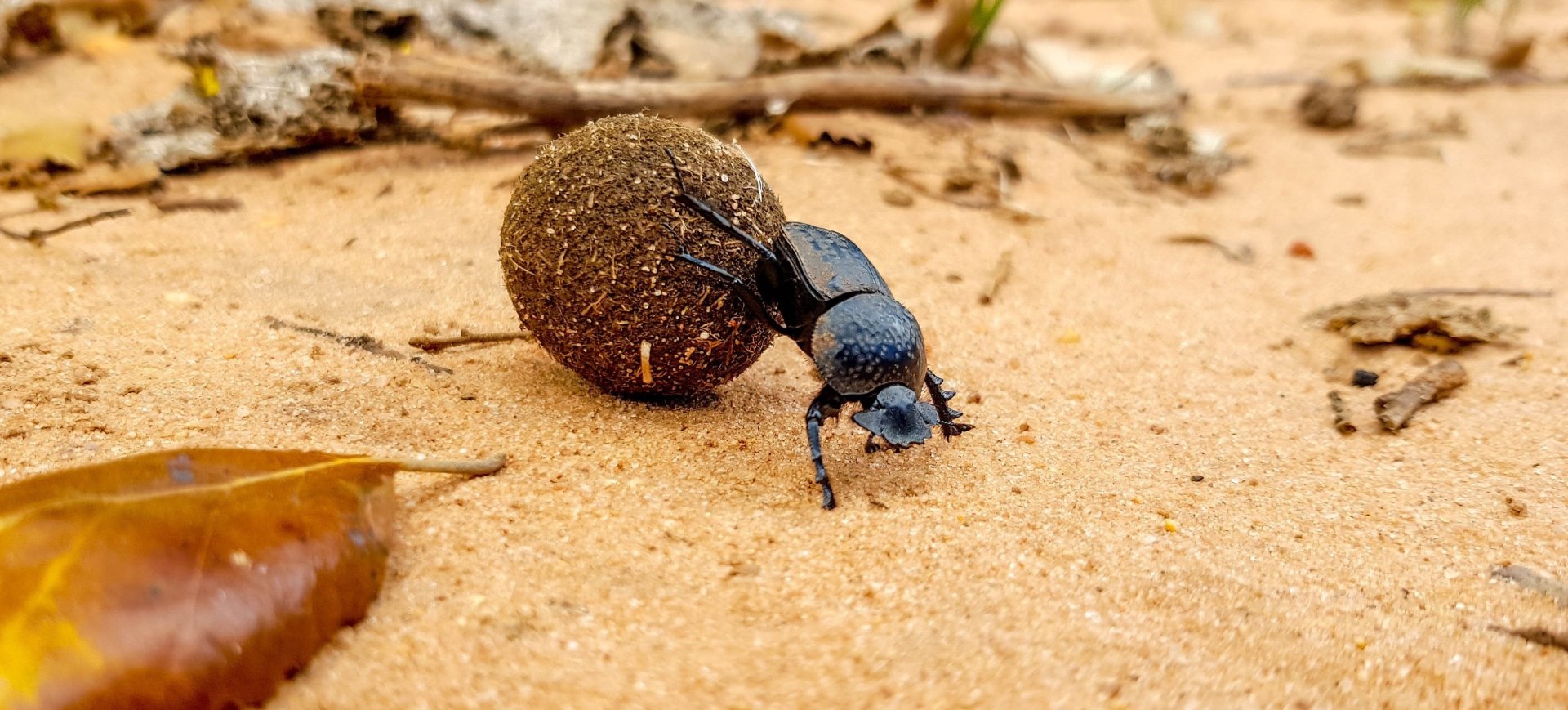







![]() Information: Calosoma kuschakewitschi was described from southern Kazakhstan, Karatau Mountains, by Ballion in 1870 as Callisthenes kuschakewitschi.
Information: Calosoma kuschakewitschi was described from southern Kazakhstan, Karatau Mountains, by Ballion in 1870 as Callisthenes kuschakewitschi.
C. kuschakewitschi lives in scattered places in central Kazakhstan, in the deserts and steppes to the north and east of the Aral Sea and between it and Lake Balcash. Towards the south is relatively easier to find it in various localities in the Syr-Darya and Shu rivers bacins. Further south it occupies the slopes of Kyrgyz Ala Too and Karzhantau mountain ranges, penetrating respectively into Kyrghyzstan and Uzbekistan. Finally, still in Uzbekistan an isolated small population is found on the slopes of the Nuratau mountains.
Body length: 18 - 28 mm
Peak activity: March - June
![]() Remarks:
Remarks:
![]() Distribution: Kazakhstan, Kyrgyzstan, Uzbekistan
Distribution: Kazakhstan, Kyrgyzstan, Uzbekistan
Zoogeographic region: Palearctic
![]() Taxonomic classification:
Taxonomic classification:
![]() Révision du genre Callisthenes | Obydov 2002
Révision du genre Callisthenes | Obydov 2002
![]() Subspecies: 5
Subspecies: 5
![]() Information: C. kuschakewitschi kuschakewitschi lives in the southern part of the bacin of Syr-Darya river in Kazakhstan and along the slopes Karzhantau mountain range, on the border between Kazakhstan and Uzbekistan. It dwells in the steppes and alpine forests from 1200 to 2300m above sea level. Adults are active from March to June, according to the altitude.
Information: C. kuschakewitschi kuschakewitschi lives in the southern part of the bacin of Syr-Darya river in Kazakhstan and along the slopes Karzhantau mountain range, on the border between Kazakhstan and Uzbekistan. It dwells in the steppes and alpine forests from 1200 to 2300m above sea level. Adults are active from March to June, according to the altitude.
Body length: 20 - 31 mm
![]() Distribution: Kazakhstan, Uzbekistan
Distribution: Kazakhstan, Uzbekistan
[= Callisthenes Kuschakewitschi ssp. Plasoni (Born, 1917)]
[= Calosoma (Callisthenes) kuschakewitschi var. plasoni Breuning, 1928]
[= Calosoma (Callisthenes) kuschakewitschi var. decolor Breuning, 1928]
[= Callisthenes Kuschakewitschi decolor (Jeannel, 1940)]
[= Callisthenes Kuschakewitschi Plasoni (Jeannel, 1940)]
[= Calosoma (Callisthenes) kushakewitschi pseudokarelini Mandl, 1954]
![]() Information: C. kushakewitschi plasoni is found in the Kirghiz Mountains on the border between Kazakhstan and Kyrgyzstan, but, according to our data, it is also present in isolated stations among the typical populations, in Uzbekistan on the eastern slopes of the Chatkal range. It lives in the steppes and woodlands from 700 to 2000m. Adults are active from March-May up to the beginning of June.
Information: C. kushakewitschi plasoni is found in the Kirghiz Mountains on the border between Kazakhstan and Kyrgyzstan, but, according to our data, it is also present in isolated stations among the typical populations, in Uzbekistan on the eastern slopes of the Chatkal range. It lives in the steppes and woodlands from 700 to 2000m. Adults are active from March-May up to the beginning of June.
Body length: 18 - 28 mm
![]() Remarks: A Central Asian steppe spring species that prefers hilltops. In spring, in good weather, it runs during the day on the steppes and looks for food.
Remarks: A Central Asian steppe spring species that prefers hilltops. In spring, in good weather, it runs during the day on the steppes and looks for food.
![]() Distribution: Kazakhstan, Kyrgyzstan, Uzbekistan
Distribution: Kazakhstan, Kyrgyzstan, Uzbekistan
![]() Material examined (& observation):
Material examined (& observation):
![]() Our observation period: March ~ April
Our observation period: March ~ April![]() Sampling Methods: in grassy vegetation
Sampling Methods: in grassy vegetation ![]()
[= Callisthenes panderi glasunowi (Lapouge, 1932)]
[= Callisthenes Kuschakewitschi Glasunowi (Jeannel, 1940)]
[= Callisthenes glasunowi (Obydov, 2002)]
![]() Information: C. kuschakewitschi glasunowi is only found in the mountains of Nuratau in the Dzhizac region of Uzbekistan. It is located on the mountain slopes at medium altitude (1200m). The adults were collected in April and May.
Information: C. kuschakewitschi glasunowi is only found in the mountains of Nuratau in the Dzhizac region of Uzbekistan. It is located on the mountain slopes at medium altitude (1200m). The adults were collected in April and May.
Body length: 26 - 28 mm
![]() Distribution: Uzbekistan
Distribution: Uzbekistan
[= Callisthenes kuschakewitschi batesoni (Jeannel, 1940)]
[= Callisthenes kuschakewitschi solskyanus (Obydov, 1999)]
![]() Information: C. kuschakewitschi batesoni lives in the steppic areas to the East of the Aral Sea, between Irgiz and Kazalinsk. Towards South it occupies the valley of the Sary-Su River. It lives at low altitude 50-150m and appears to be mainly a desert inhabitant. According to the material examined, adults are active in April-May.
Information: C. kuschakewitschi batesoni lives in the steppic areas to the East of the Aral Sea, between Irgiz and Kazalinsk. Towards South it occupies the valley of the Sary-Su River. It lives at low altitude 50-150m and appears to be mainly a desert inhabitant. According to the material examined, adults are active in April-May.
Body length: 20 - 26 mm
![]() Distribution: Kazakhstan
Distribution: Kazakhstan
[= Callisthenes akkolicus korelli (Obydov, 2004)]
[= Calosoma (Callisthenes) panderi akkolicum Bruschi, 2014]
![]() Information: Callisthenes akkolicus including the subspecies Callisthenes akkolicus korelli have been described from two nearby places still in the Sary-Su river bacin. It lives in grasslands at medium altitude, around 350-400 m. Adults were collected in May.
Information: Callisthenes akkolicus including the subspecies Callisthenes akkolicus korelli have been described from two nearby places still in the Sary-Su river bacin. It lives in grasslands at medium altitude, around 350-400 m. Adults were collected in May.
Body length: 20 - 23 mm
![]() Distribution: Kazakhstan
Distribution: Kazakhstan
 Kyrgyzstan
Kyrgyzstan